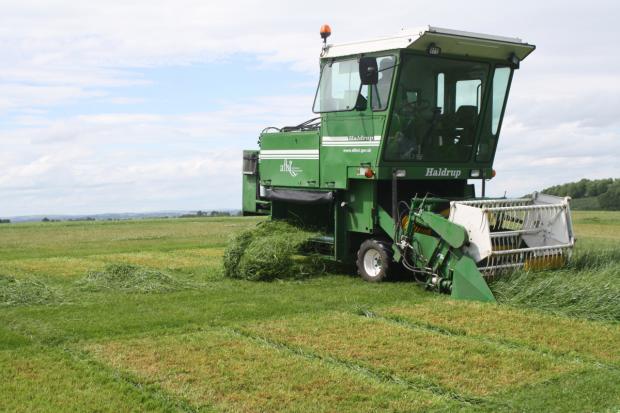Primary objectives

- Grasses for low input and organic production
- Variety testing facilities in England and Scotland
- Employing new technologies including NIRS and digital imaging
- Close liaison with the agricultural industry through commercial partnership.
Grass breeding objectives
The original objective for the Grass Breeding programme was to produce locally adapted, high yielding and disease-resistant grasses which would help to improve livestock output from local farms and also to supply the seed industry with replacements for the old Irish (ecotype) varieties. It was recognised that while there were numerous options for helping farmers improve their grassland output, the provision of locally bred grasses was one of the most cost-effective ways of achieving this.
Revised project objectives
During the 63 year period since this project was set up, there has been considerable change in the management of local grassland farms and the agricultural and environmental policies underpinning these changes. Examples of change are the move from hay to silage, the introduction of rotational grazing, improved soil fertility through the use of fertilisers and slurry and a greater awareness of nutritional quality. Through close links with local farmers, the seed industry, liaison with CAFRE and Teagasc grassland technologists, the objectives of the breeding programme are routinely discussed and reviewed so as to meet the needs of the industry.
A major strength of the programme is its close integration within the world leading Barenbrug breeding group, which gives access to new crossing material which has many favourable attributes such as winter hardiness and disease resistance.
